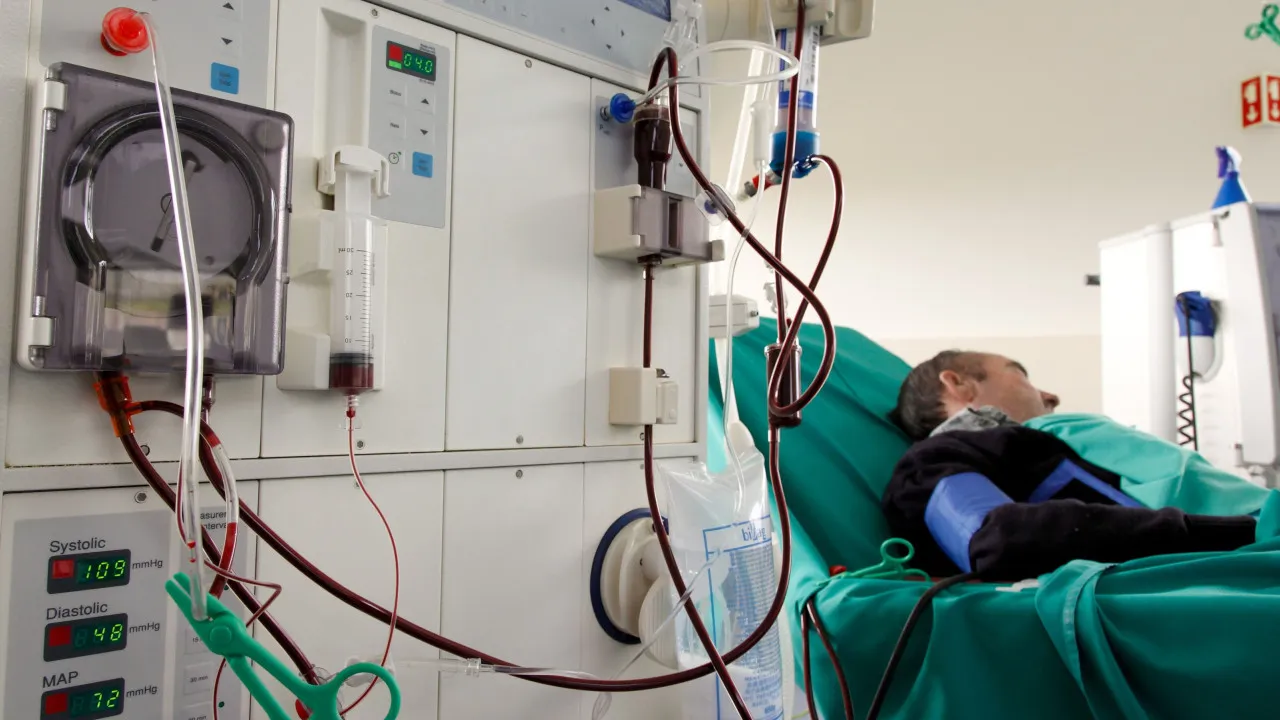
The Health Regulatory Authority (ERS) reports that out of 907 patients who underwent hemodialysis in 2024, 9.0% received treatments in public hospitals while 91.0% were treated in private and social units, with the National Health Service (SNS) funding 98.6% (263,126,604 euros) of these treatments.
ERS’s analysis indicates this area as the highest expenditure among contracted healthcare services, marking a 0.23% increase compared to 2023.
Hemodialysis accounts for 27.8% of the state’s total expenditure in the contracted sector, followed by clinical analysis with 25.9%.
By the end of 2024, there were 106 private and social hemodialysis units, primarily located in Porto and Lisbon.
ERS found that the Porto Metropolitan Area and Greater Lisbon have the highest number of units, while the Alto Tâmega and Barroso region (NUTS III) lacks any private units, relying on public services for access.
As of December 31, 2024, 12,907 patients were registered for hemodialysis treatments, with 1,167 (9.0%) receiving it in public hospitals. The remaining 11,738 (91.0%) were being treated in 106 private and social sector units, with almost all (11,577 or 98.6%) funded by the SNS.
The market remained concentrated with two groups owning 72.5% of the share, raising competitive concerns in four regions: Alentejo Litoral, Algarve, Beira Baixa, and Terras de Trás-os-Montes, where near-monopoly conditions exist.
“As in previous years, the concentration level of the hemodialysis healthcare market in mainland Portugal is high, raising competitive concerns according to European Commission guidelines,” the regulator states.
The average travel time increased to 16 minutes and 31 seconds, although 70% of patients are treated at the nearest unit.
Out of 11 clinical quality indicators, nine exceeded 2023 results, with only one failing to meet the Health Directorate’s objectives.
“Given the persistence of potentially problematic trends, particularly regarding financing, access, and competitive factors, ERS will continue to monitor the hemodialysis care sector on a regular basis,” the regulator concludes.




